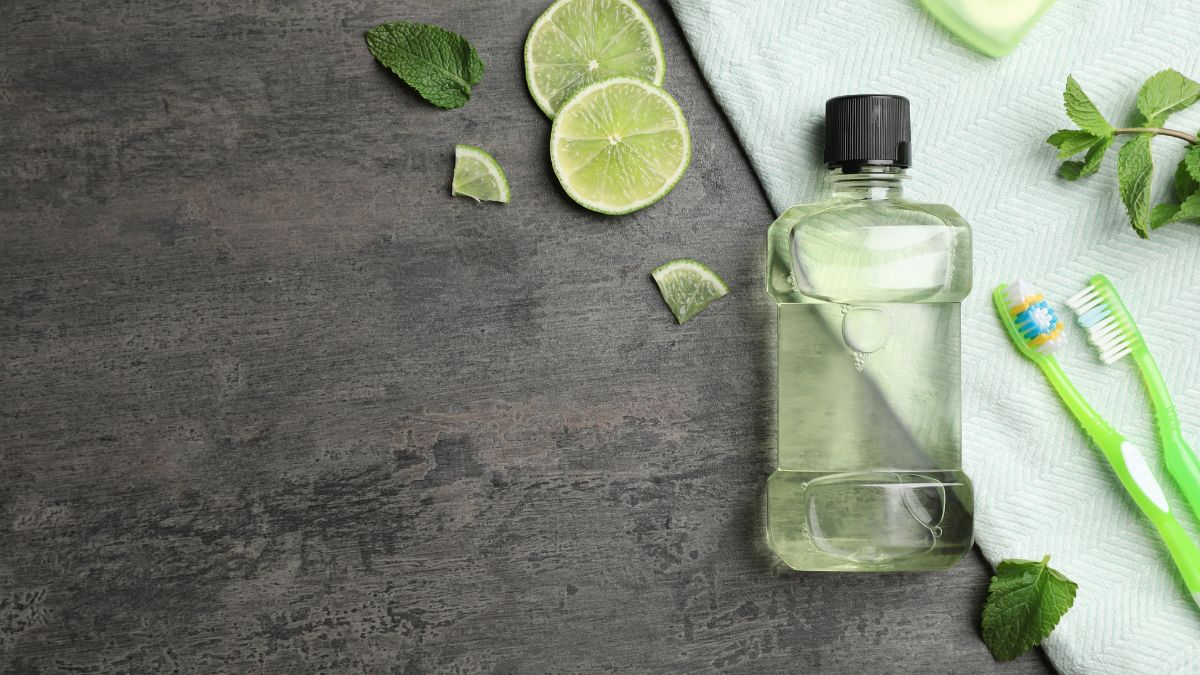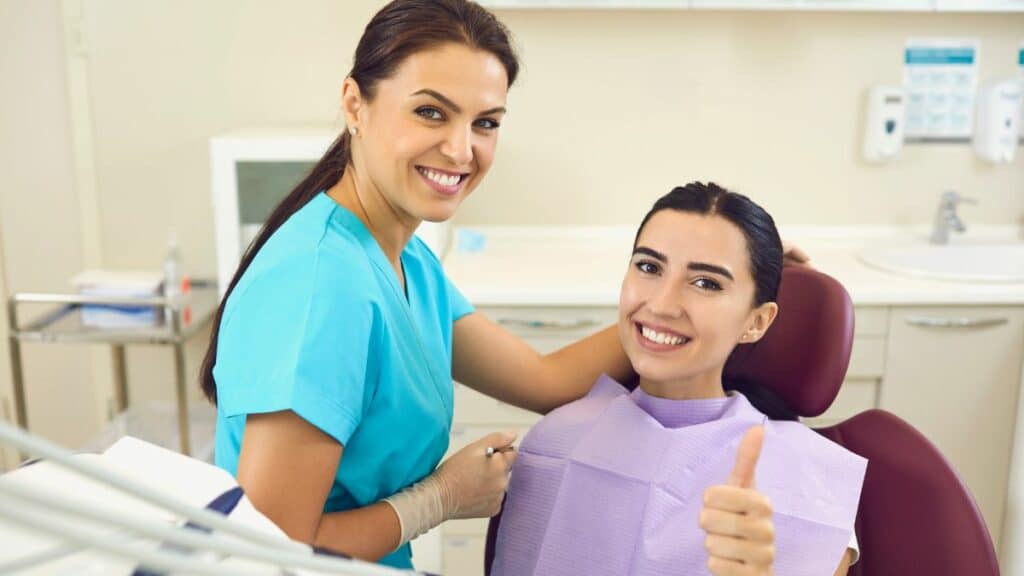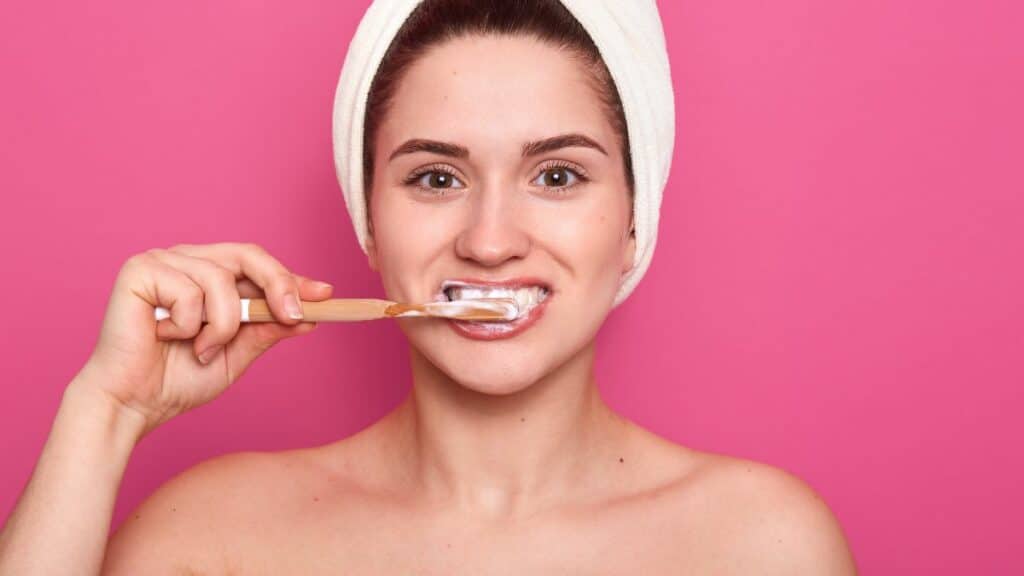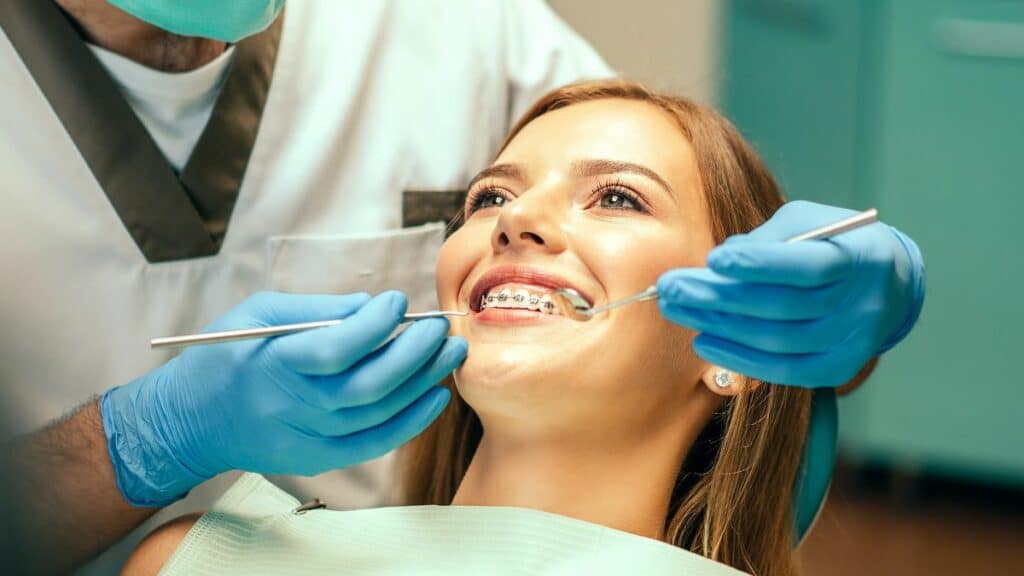Ever found yourself running out of mouthwash just when you need it the most? I’ve been there too. It’s in these moments, that we might wonder: “Is it possible to make my own mouthwash?” Well, I’m here to tell you – yes, it is!
Creating your own DIY mouthwash can be a fun and rewarding project. Not only does it provide an immediate solution when your store-bought bottle runs dry, but making homemade mouthwash also allows for customization according to personal preferences and needs.
Now let me assure you – this isn’t some complicated chemistry experiment. In fact, most ingredients required are likely already sitting in your kitchen or bathroom cabinet! So let’s dive into how exactly we can concoct our very own oral rinse at home.
Understanding the Basics of Mouthwash
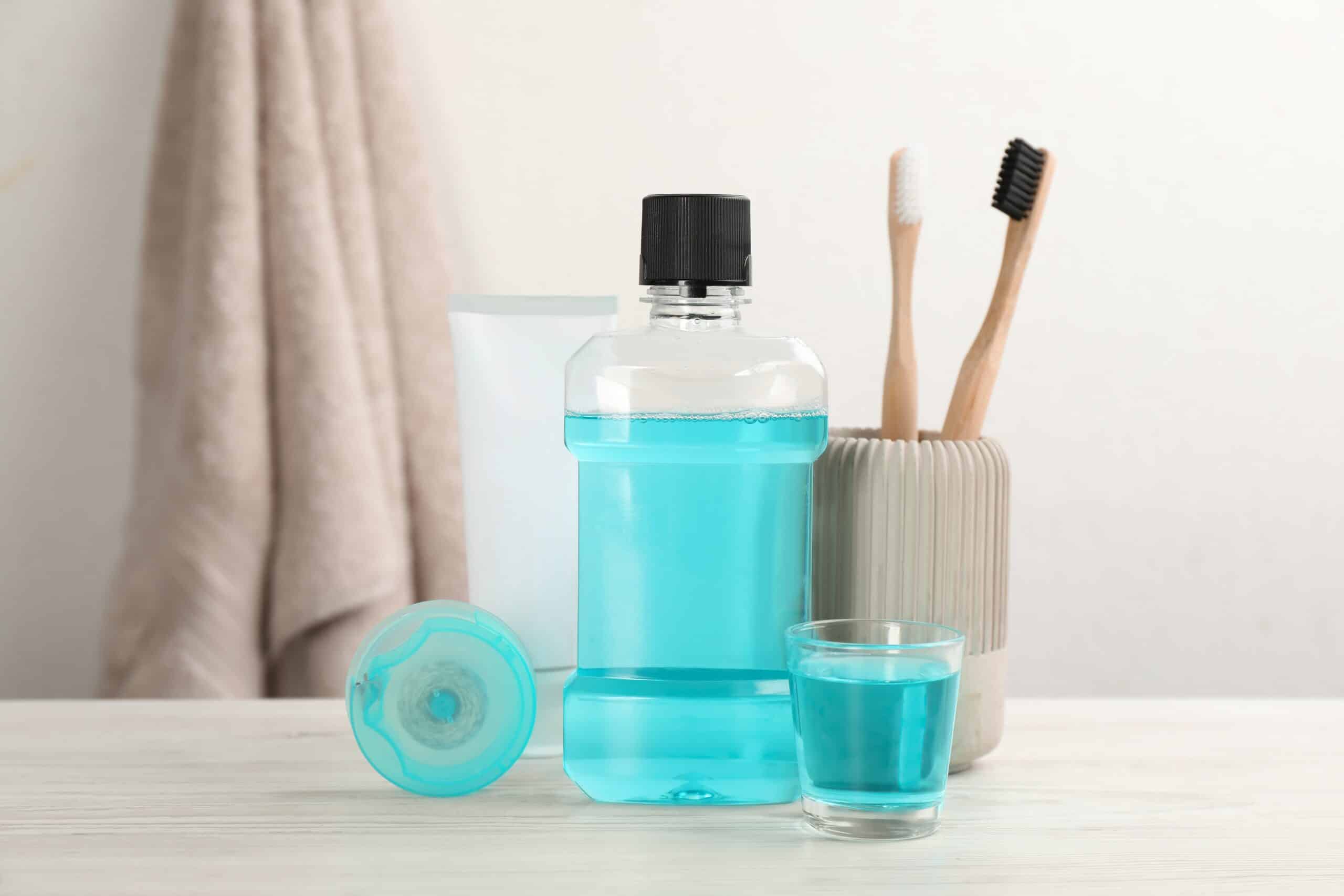
Let’s dive right into it, shall we? Mouthwash, also known as oral rinse, is a liquid product used to enhance your oral hygiene. I’m sure most of us have seen those commercials where people gargle mouthwash and then flash their pearly whites with confidence. But how does this seemingly magical liquid work?
Mouthwashes are typically designed to combat bad breath and reduce the risk of cavities or gum disease. They often contain antimicrobial agents like cetylpyridinium chloride and chlorhexidine which serve to kill bacteria in your mouth.
Here’s something you might not know – there are two main types of mouthwashes: cosmetic and therapeutic. Cosmetic mouthwashes temporarily control or reduce bad breath and leave a pleasant taste in your mouth but don’t deal with the root causes of bad breath. On the other hand, therapeutic ones contain active ingredients aimed at controlling or reducing conditions like gingivitis, tooth decay, plaque build-up.
It’s important to note that while using a good quality store-bought mouthwash can be beneficial for maintaining oral health; it should never replace regular brushing and flossing! That being said:
- Store-bought isn’t always best.
- Making homemade alternatives could offer similar benefits.
You’re probably thinking ‘Can I really make my own?’ It might surprise you that yes – making DIY versions is entirely possible! In fact creating homemade remedies may allow you more control over what goes into them!
So let’s jump into understanding how one can brew their own refreshing batch right at home – stay tuned for more on this topic!
Ingredients Needed to Make Homemade Mouthwash
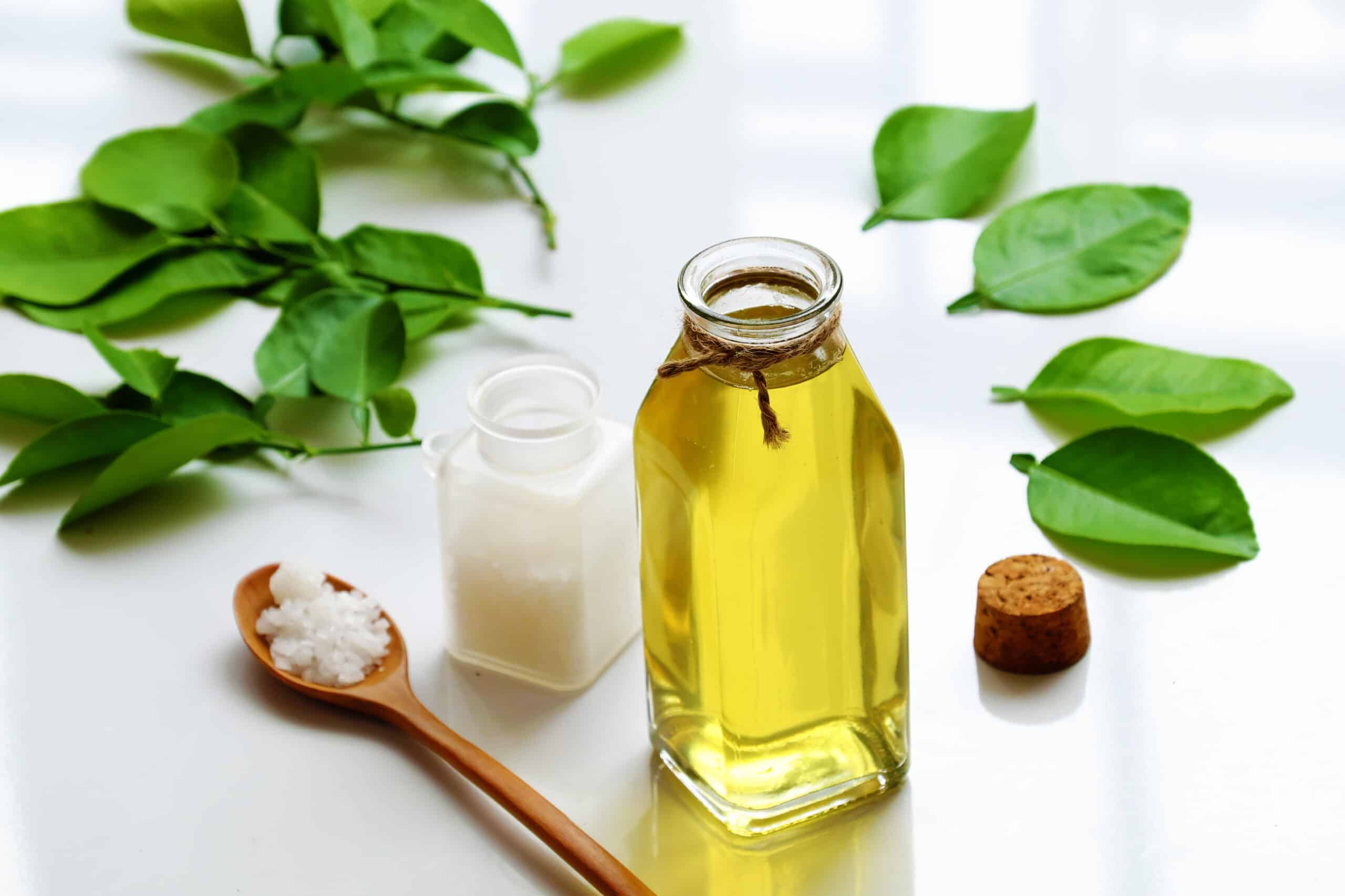
Let’s dive right into what you’ll need for your DIY mouthwash. You might be surprised by how simple the ingredients list is!
First off, you’re going to need distilled water. It’s essential because it lacks impurities found in tap water that could compromise your homemade mouthwash.
Next on our list is baking soda. Baking soda acts as a natural cleanser and can help neutralize harmful acids in the mouth.
We also can’t forget about essential oils! They’re not only for their pleasant aroma but also offer various health benefits depending on which one you choose. For instance, peppermint oil has antibacterial properties while tea tree oil helps combat gum disease.
A pinch of sea salt will round out our ingredients list. Sea salt aids in healing any existing oral wounds and encourages overall oral health.
To summarize:
- Distilled Water
- Baking Soda
- Essential Oils (Peppermint or Tea Tree)
- Sea Salt
Remember, when making your own products at home like this mouthwash, always ensure all equipment used is clean and sterilized to prevent any bacteria growth.
So there we have it – just four simple items are needed for homemade mouthwash! Don’t let the simplicity fool you; these ingredients pack a powerful punch when combined correctly. But don’t take my word for it – give it a go yourself!
Step-by-Step Guide on How to Make Your Own Mouthwash
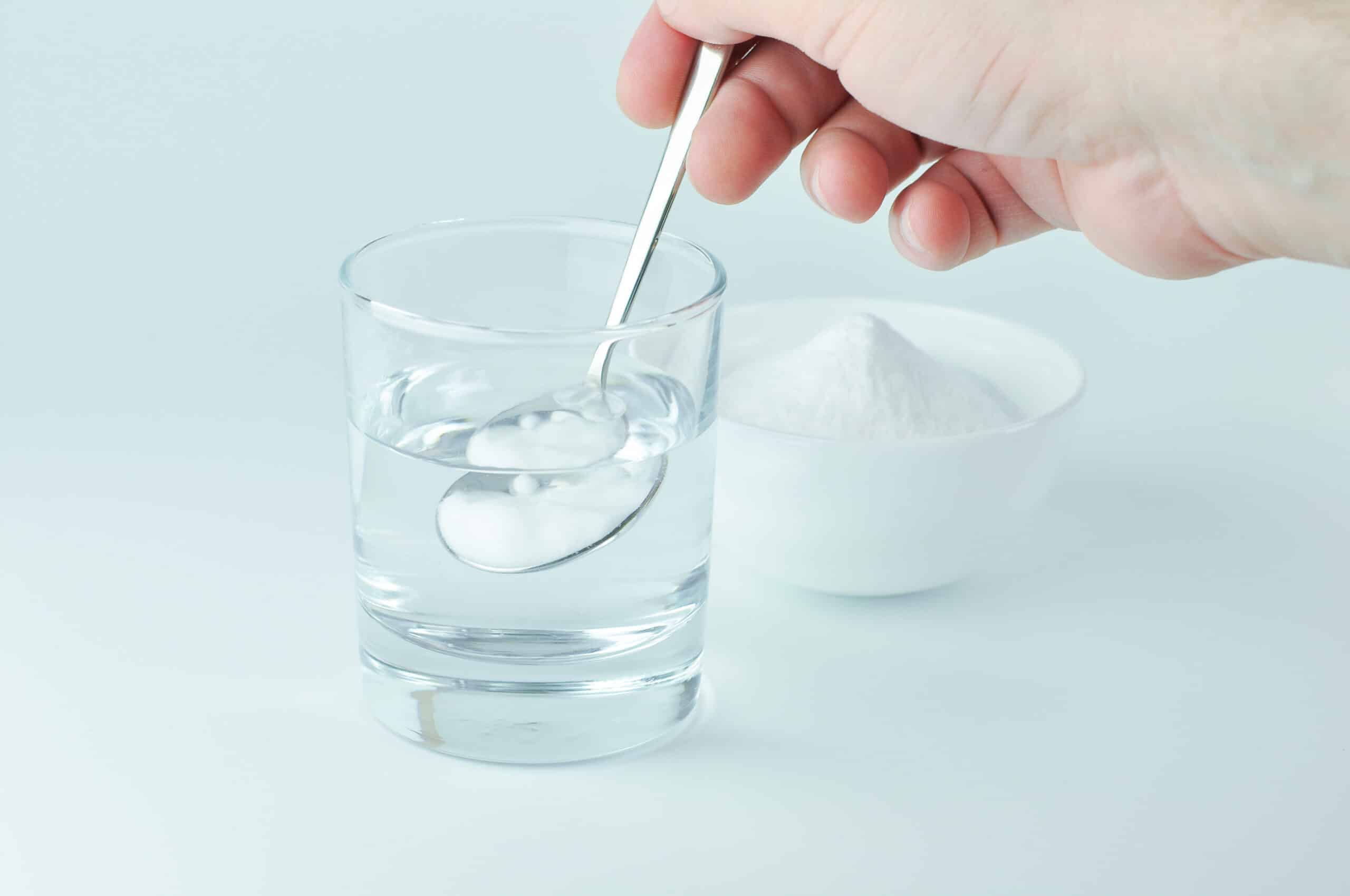
Ever wonder if you could make your own mouthwash? The answer is a resounding “Yes!” Not only is it possible, but it’s also quite simple. Let me walk you through the process.
First off, gather all the necessary ingredients. Here’s what you’ll need:
- 1 cup of distilled or boiled water
- 2 teaspoons of baking soda
- 3 drops of peppermint essential oil
Once everything’s ready, let’s dive right in. Begin by boiling or distilling your water – this ensures that any impurities are eliminated before they can impact your oral health. Afterward, allow the water to cool down for a bit.
Now onto our second ingredient: baking soda! It acts as a natural cleanser and helps neutralize bad breath-causing bacteria in the mouth. So go ahead and dissolve those two teaspoons into your cooled-down water.
Lastly comes my personal favorite part – adding flavor! In this case, we’re using peppermint essential oil which not only freshens up breath but has antimicrobial properties too!
Stir all these together until well mixed and voila! You’ve just made homemade mouthwash!
Remember though, while homemade products like this one can be beneficial (and fun!), they should never fully replace professional dental care or commercially available products approved by dental professionals.
So there we have it: an easy-to-follow guide on how to create your own mouthwash at home using everyday household items!
Benefits of Using DIY Mouthwash Over Store-Bought Ones
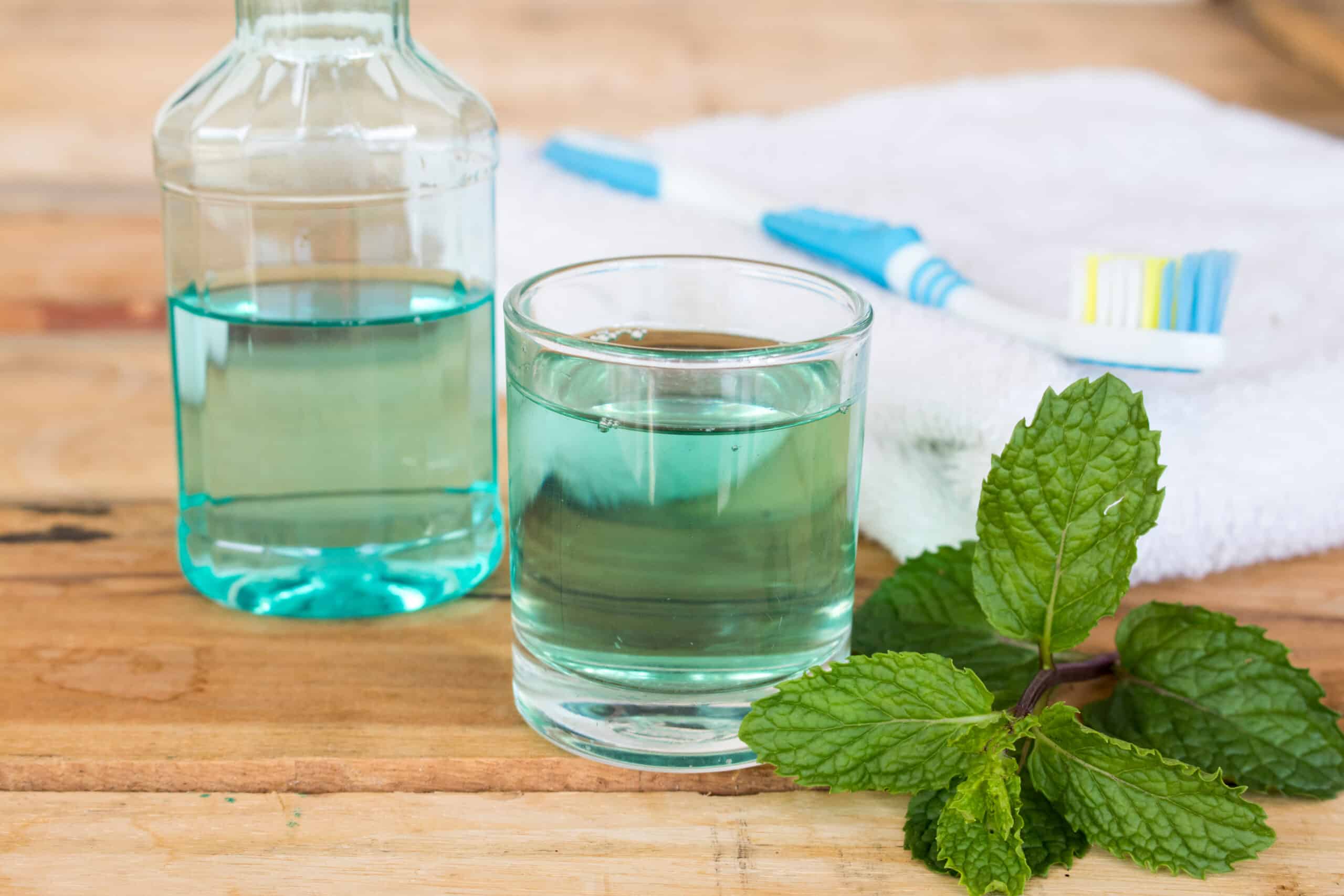
Have you ever pondered the question, “Why should I make my own mouthwash?” Well, let me tell you, there are several advantages to creating your own oral hygiene product at home.
First off, it’s cost-effective. On average, a bottle of store-bought mouthwash can run anywhere from $3 to $7 depending on the brand and size. However, most ingredients used in homemade recipes like baking soda or essential oils are household items that we already have lying around our homes.
Let’s consider this:
| Item | Average Cost |
|---|---|
| Store-bought Mouthwash (16 fl oz) | $5 |
| Homemade Mouthwash Ingredients (16 fl oz equivalent) | Less than $2 |
Clearly making your own mouthwash is easy on the wallet!
Secondly – and perhaps more importantly – is control over ingredients. With a DIY approach comes freedom to choose what goes into your mix and avoid harmful chemicals often found in commercial products such as alcohol which dries out your mouth or sodium lauryl sulfate known for causing canker sores.
Here’s a list of some common culprits lurking in store bought versions:
- Alcohol
- Sodium Lauryl Sulfate
- Chlorhexidine
- Hexetidine
In contrast when you’re making your homemade concoction all ingredients are transparent plus they tend to be natural and safer alternatives!
Lastly but not least is customization factor: with homemade solutions comes endless possibilities for personalization whether it’s tweaking strength according taste preference or even adding favorite flavors giving whole new meaning phrase ‘minty fresh breath’.
So there we have it – lower costs better health transparency safer ingredient choices plus ability customize…the benefits using DIY over store bought version pretty compelling wouldn’t say?
Potential Risks and Downsides of Homemade Oral Rinses
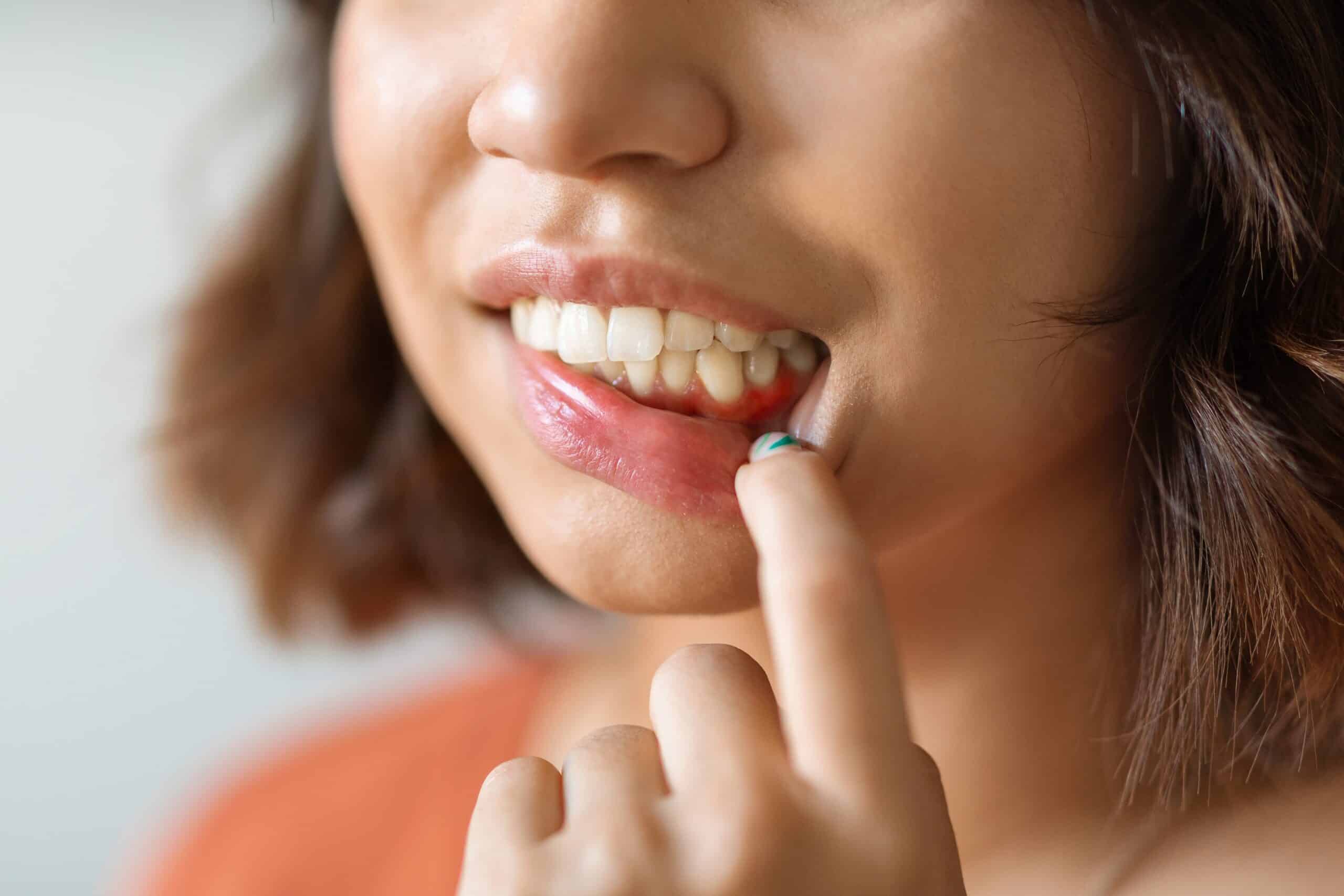
As we venture deeper into the DIY world, it’s essential to keep in mind that not everything homemade is beneficial. When it comes to oral health, this statement rings particularly true. The enthusiasm for making your own mouthwash might be high but I’d caution you against overlooking some potential risks and downsides.
Firstly, a key concern with homemade oral rinses is their lack of fluoride. Fluoride has been scientifically proven to strengthen tooth enamel and prevent cavities. Most commercial mouthwashes include this crucial mineral while most home recipes don’t.
Secondly, getting the right balance of ingredients can be tricky. Too much acidity can lead to enamel erosion whereas excessive use of abrasive substances could cause gum irritation or even damage your teeth over time.
Then there’s the issue with shelf-life stability – commercial products are formulated for long-term storage while DIY versions may spoil quickly if not properly stored or used within a short period.
Finally, remember that many common ingredients found in homemade mouthwash recipes like tea tree oil and alcohol have side effects when swallowed accidentally which makes them potentially dangerous especially around children.
While exploring natural alternatives for everyday products such as mouthwash is indeed intriguing; it’s equally important that we consider these potential risks:
- Lack of fluoride
- Difficulty achieving correct ingredient balance
- Shelf life instability
- Risky common ingredients
Henceforth before going ahead with any do-it-yourself dental hygiene project let’s ensure our safety isn’t compromised in pursuit of cost savings or chemical-free solutions!
Frequently Asked Questions About Making Your Own Mouthwash
I’m often asked about the feasibility and benefits of making your own mouthwash. Let’s dive into some of these questions and quench our curiosity.
Is it possible to make your own mouthwash? Absolutely! Homemade mouthwashes can be a fun DIY project that you can tailor according to your preferences. For example, if you’re after a more natural approach, an easy recipe includes mixing one cup of distilled water with one teaspoon each of baking soda and sea salt. You might also add essential oils like peppermint or tea tree for added freshness.
But why would I want to make my own mouthwash? Well, there are several reasons people choose this route. Firstly, it allows for customization – you control what goes into your mixture so you can avoid certain ingredients if they irritate your gums or teeth. Secondly, homemade options often cost less than store-bought ones in the long run.
However, how effective is homemade mouthwash compared to commercial ones? This largely depends on what ingredients you use in yours – just as effectiveness varies among different brands from the store. Some studies suggest that using natural antibacterials like tea tree oil could be as effective against plaque as chlorhexidine – a common ingredient in many commercial rinses.
What about safety concerns with DIY recipes? If done correctly and responsibly, creating homemade solutions should not pose any significant risks beyond those associated with commercially available products (e.g., potential reactions/allergies). However it’s crucial to remember not all “natural” substances are safe or beneficial for oral health; always do thorough research before incorporating new elements into a recipe!
Ultimately when deciding whether making their own rinse is right for them individuals need consider factors such personal preference lifestyle budget oral health needs among others With good knowledge careful consideration anyone take charge hygiene potentially enjoyable satisfying way!
Expert Tips for Enhancing Effectiveness of DIY Mouthwashes
Crafting your own mouthwash can be a rewarding endeavor. It’s cost-effective, allows you to avoid harmful chemicals, and enables you to tailor the recipe to fit your specific needs. To get the most out of your homemade concoction, I’m sharing some expert tips.
First off, always use high-quality ingredients. The effectiveness of any DIY project relies heavily on what goes into it and mouthwash is no exception. Opt for organic essential oils like peppermint or tea tree oil that are known for their antibacterial properties. Here’s a pro-tip: don’t skimp on quality when it comes to selecting a base either! Distilled water or food-grade hydrogen peroxide make great choices.
Next up is understanding proper ratios in your mixtures – this isn’t just about taste but safety too! For instance:
- If using baking soda as an ingredient (known for its whitening effects), limit its usage to 2 teaspoons per cup of water.
- When adding essential oils (for their antibacterial benefits), remember they’re potent – usually one drop will suffice in a cup mixture.
With each new batch you whip up, consider varying flavors based on personal preference or oral health needs; clove oil could help soothe toothaches while cinnamon might give that refreshing feel we all love!
Lastly but crucially – consistency is key with any dental hygiene routine and making sure you’re regularly using your DIY mouthwash is critical if it’s going replace those store-bought options effectively!
Keep these tips in mind while crafting that perfect blend right at home – who said good oral health couldn’t be fun?
Conclusion: Evaluating if Making Your Own Mouthwash is Right For You
So, you’ve made it to the end of this exploration into homemade mouthwash. It’s not as daunting as it might have seemed at first glance, right? Now that we’ve looked at the ingredients, process, benefits and potential drawbacks in detail, let’s circle back to our central question: Is making your own mouthwash right for you?
Firstly, I’d say consider your motivation. If you’re looking to cut down on plastic waste or avoid certain chemicals found in commercial products – then absolutely! Creating a DIY rinse could be a great move for both environmental and health reasons.
Next up is cost-effectiveness. Depending upon where you live and what brands are available locally, making your own concoction can be more wallet-friendly than buying pre-made solutions from stores.
But remember! While there are definite perks like customization options and control over ingredients used; there also exist some caveats such as possible storage issues or lack of fluoride (which many dentists recommend).
Let me put it simply:
- Yes, if seeking more natural alternatives
- Yes, if wanting to reduce plastic usage
- Yes, if hoping to save some money
- Maybe not so much if convenience matters greatly
- Potentially no without dentist’s approval especially when dealing with oral health concerns
Always bear in mind though that everyone’s dental needs are unique – what works wonders for one person may not work equally well for another. Always consult with a healthcare professional before dramatically changing any aspect of your oral care routine.
So there we have it – now armed with all this knowledge about homemade mouthwashes; whether they’re the right choice really comes down to individual preferences and circumstances!

